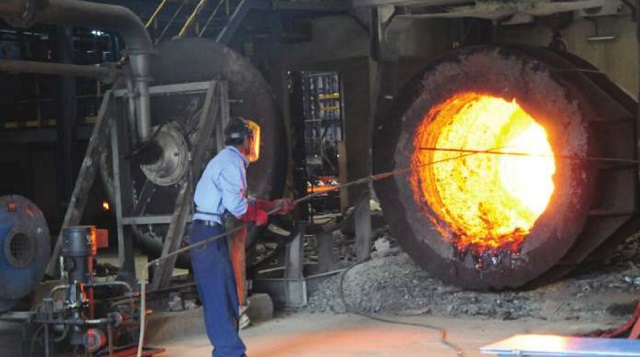
The move has been highly controversial among Republicans and within the administration, but Trump on Friday tweeted that “trade wars are good, and easy to win.”
Peter Navarro, a top White House trade advisor, said the administration would consider exemptions on a case-by-case basis but “no country exclusions.”
“As soon as you start exempting countries you have to raise the tariffs on everybody else. As soon as you exempt one country, then you have to exempt another country and so it’s a slippery slope,” he said on CNN’s “State of the Union.”
– National security rationale –
Trump invoked national security as the rationale for imposing the tariffs, without making any distinction between friendly suppliers like Canada and potential adversaries like China or Russia.
Canada accounts for 40 percent of US aluminum imports and 16 percent of its steel imports, making it far and away the biggest US supplier.
But Navarro contends that China was “the root of the problem” despite being a relatively small player in the US steel and aluminum market.
“The bigger picture here is that China has tremendous overcapacity in both aluminum and steel. They flood the world market with this product and that ripples down to our shores and to other countries,” he said.
In Beijing, the spokesman for the National People’s Congress warned that “policies informed by misjudgment or wrong perceptions will hurt relations and bring consequences no side wants to see.”
“China doesn’t want a trade war with the United States,” Zhang told a news conference. “But if the US takes actions that hurt Chinese interests, China will not sit idly by.”
An official English-language interpreter added the phrase, “and will take necessary measures.”
 The Independent Uganda: You get the Truth we Pay the Price
The Independent Uganda: You get the Truth we Pay the Price


